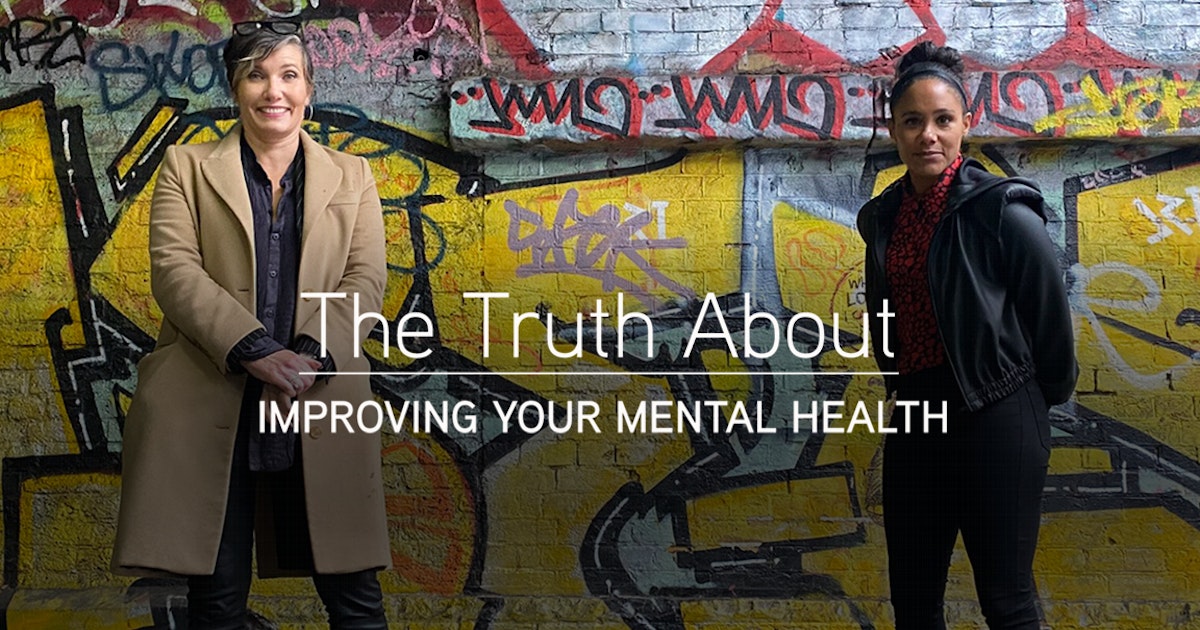You are here
The Truth About Improving Your Mental Health (2020)
Primary tabs
| Size | Seeds | Peers | Completed |
|---|---|---|---|
| 218.9 MiB | 1 | 0 | 72 |
| File | Duration | Resolution | Video Format | Audio Format |
|---|---|---|---|---|
| TheTruthAboutImprovingYourMentalHealth.2020.720p.x265.mkv | 57m18s | 1280x720 | HEVC | AAC |

In this programme, clinical psychologist Professor Tanya Byron teams up with TV pundit and former England footballer Alex Scott, who has suffered from depression. Together, they look at how the latest science can help treat some of the most common mental health issues.
Even in normal times, one in four of us in any one year will experience mental health difficulties. But the pressures of living through the Covid-19 pandemic have put our mental health under unprecedented strain. Over the past year, a team from Imperial College London, in collaboration with the BBC, have surveyed the mental health of over 350,000 people across the UK. This unique study provides a snapshot before and during the pandemic, revealing its shocking impact.
In this programme, clinical psychologist Professor Tanya Byron teams up with TV pundit and former England footballer Alex Scott, who has suffered from depression. Together, they look at how the latest science can help with some of the most common mental health issues.
Alex knows first-hand what it’s like to experience depression, which stemmed from being trolled on social media. But our nationwide survey revealed we are using social media apps more than ever because of the pandemic. She teams up with Dr Lee Smith from Anglia Ruskin University to find out if there are ways of using social media that can actually benefit our mental health.
Alex also looks at a surprising new technique for dealing with the mental health condition that has risen during the pandemic across every age group - anxiety (1). Together with Professor Sarah Garfinkel, from Brighton and Sussex Medical School, she learns how to tune into her heartbeat, which can help control a racing mind and anxious thoughts. Alex will also look at how we can get the maximum benefits from exercise to help boost your mood, and tests a new device that uses electrotherapy stimulation in the brain to help increase the type of brain waves that encourage a good night’s rest.
Finally, more than 50 percent of people reported feelings of disconnection from family and friends during the pandemic(1), but research shows that a chronic lack of social connection can be as dangerous for our health as smoking 15 cigarettes a day(2). Tanya looks at an innovative method called social prescribing which is being used to help people overcome issues of loneliness and social isolation.
- Great British Wellbeing Survey, Imperial College London, 2020.
- Social Relationships and Mortality Risk: A Meta-analytic Review, 2010
- Log in to post comments
